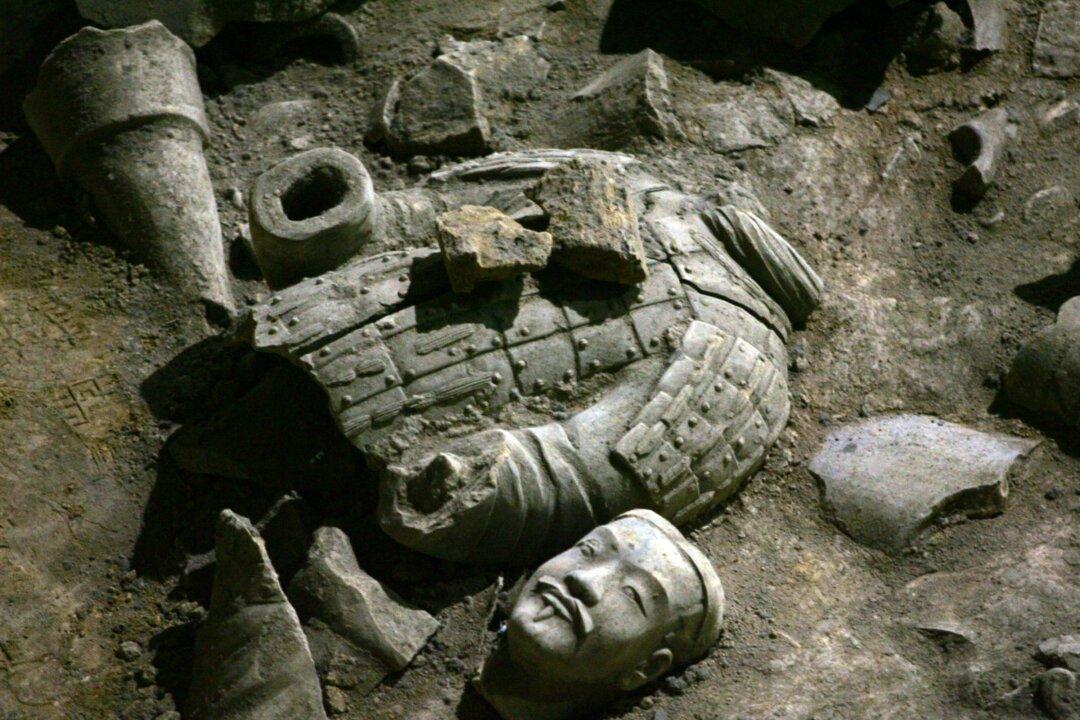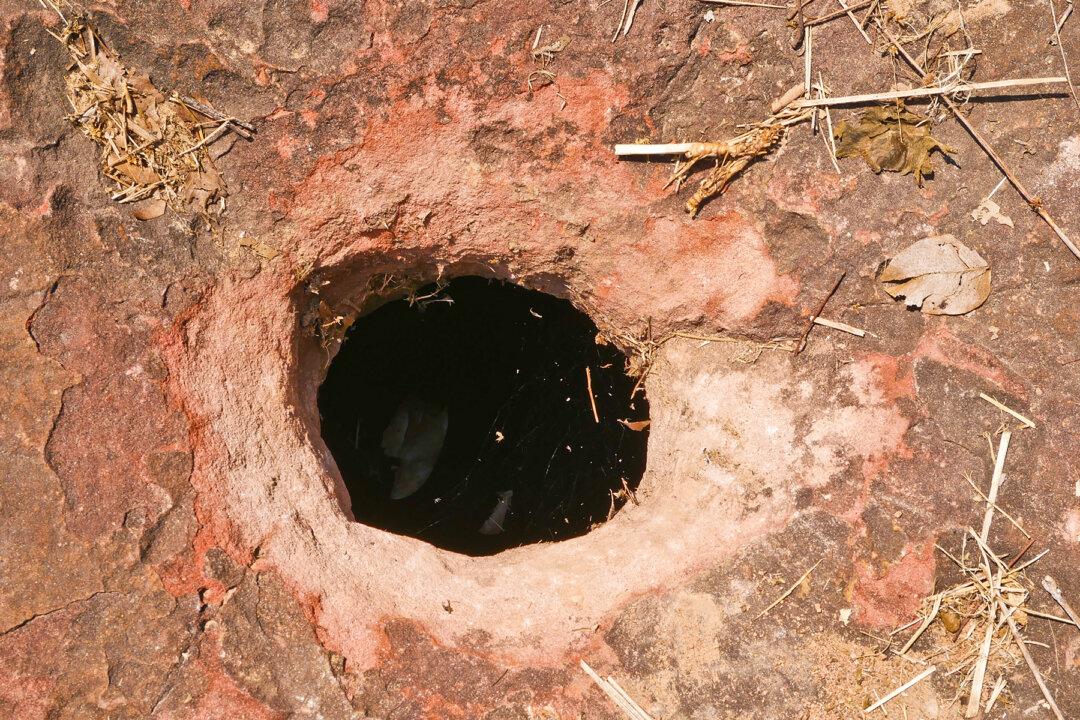Four people, including a former deputy police chief in northern China, were sentenced to life in prison for their roles as accomplices to the looting of ancient tombs.
The High People’s Court of Shanxi Province reported Sept. 12 that the previous day, 10 people had stood trial for the thefts, including former police officers tasked with protecting the ancient relics.




